I’ve been making more videos lately than I have been blogging (come join me on my YouTube channel to be notified when a new video goes up!) but here on one page you can see a collection of short videos I did to help inspire you to make the friendships that are crucial to your health and happiness!
xoxo
1) 3 Ways to Meet New Friends
We know we have to meet people before we can potentially become friends, but where exactly are we supposed to go to find new friends? While most common advice makes a list of places, that unfortunately isn’t super helpful to most of us if we don’t go to those places they suggest! Let’s brainstorm the places and ways that will be most helpful to each of us specifically! At the end of this video you will have a personalized list of the best methods for YOU!
2) How Many "Potential Friends" Do I Need to Make a New BFF?
We know we can’t just go out and simply place an order for a new best friend, but that rather we have to go meet a bunch of people first. But how many people do we need to meet? How do we go looking for a new BFF? How many people does it take to find one new friend?
3) How Important is Chemistry to a New Friendship?
Do you wish you knew exactly who you might bond with? Do you think you know who you’ll get along with best and feel like you’re on the look for a very specific person? Do you wonder what actually helps determine who we bond with? Here I lead us through looking at how friendships are developed and what healthy expectations will serve us as we meet new people! At the end of this video you’ll know the one thing we can practice that matters more than chemistry!
4) How Long Does It Take to Make a New Friend?
Do you find yourself wanting to feel close to people right away? Do you wonder whether you should be able to predict instantly whether the two of you will be friends? Do you want to feel close to people but then find yourself not wanting to put in the time? So often what we want is to meet someone with whom we instantly feel close but what we usually find is a stranger that we have to get to know, and it never feels as fun and easy and familiar as we want it to feel. Here I lead us through looking at how friendships are developed and what healthy expectations will serve us as we meet new people. At the end of this video you’ll know how much time it typically takes for you to make new friends!
5) How Can Introverts Make New Friends?
Do you worry that it’s harder for you to make new friends because you’re an introvert? Do you feel anxious when it comes to reaching out to others? Do you hunger for connection but feel weary and exhausted at how to get those needs met? At the end of this video you’ll have all kinds of tips and ideas for how to maximize your friendship time and decrease the energy output as much as possible.






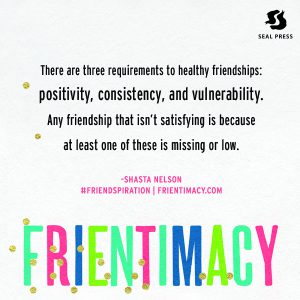 feeling really known and supported. Or, if you have positivity and vulnerability (a meaningful time where you felt seen and appreciated) but lack consistency so that it's not ever repeated, then it was just a really special moment with someone, but not a friendship. Or if you have consistency and vulnerability (deep sharing happening all the time) but lack positivity, then it's just a draining relationship that leaves you feeling weary. We have to have all three.
feeling really known and supported. Or, if you have positivity and vulnerability (a meaningful time where you felt seen and appreciated) but lack consistency so that it's not ever repeated, then it was just a really special moment with someone, but not a friendship. Or if you have consistency and vulnerability (deep sharing happening all the time) but lack positivity, then it's just a draining relationship that leaves you feeling weary. We have to have all three.

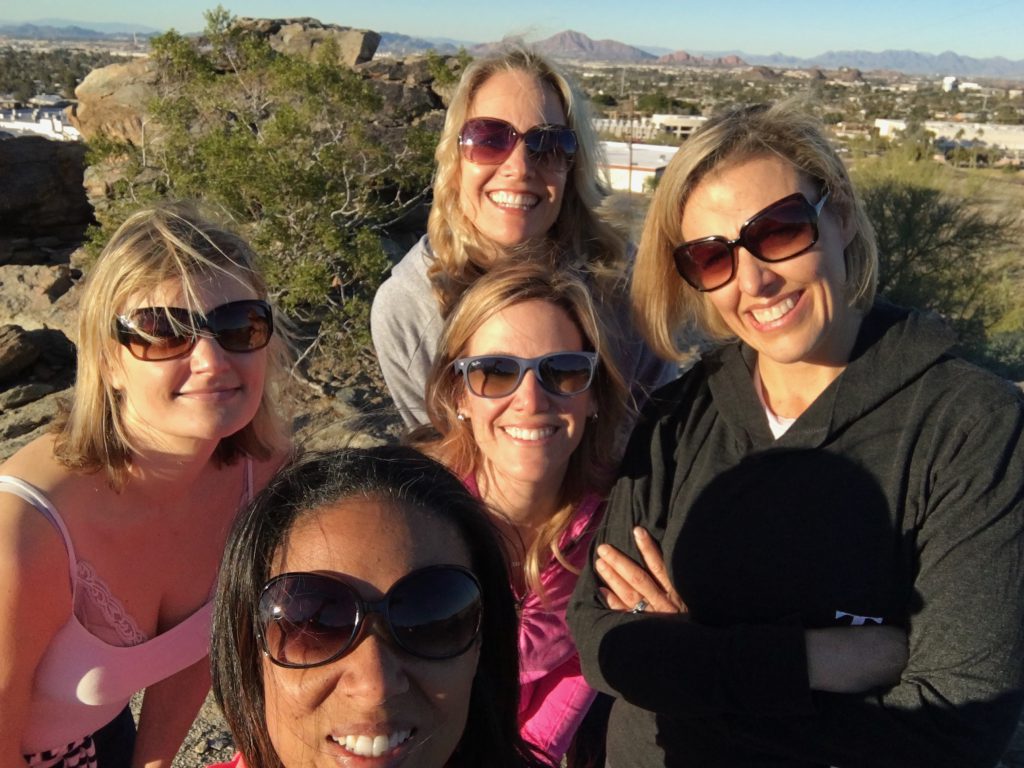

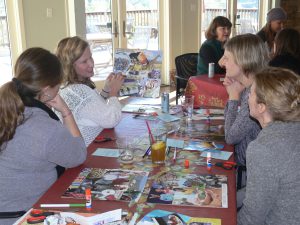

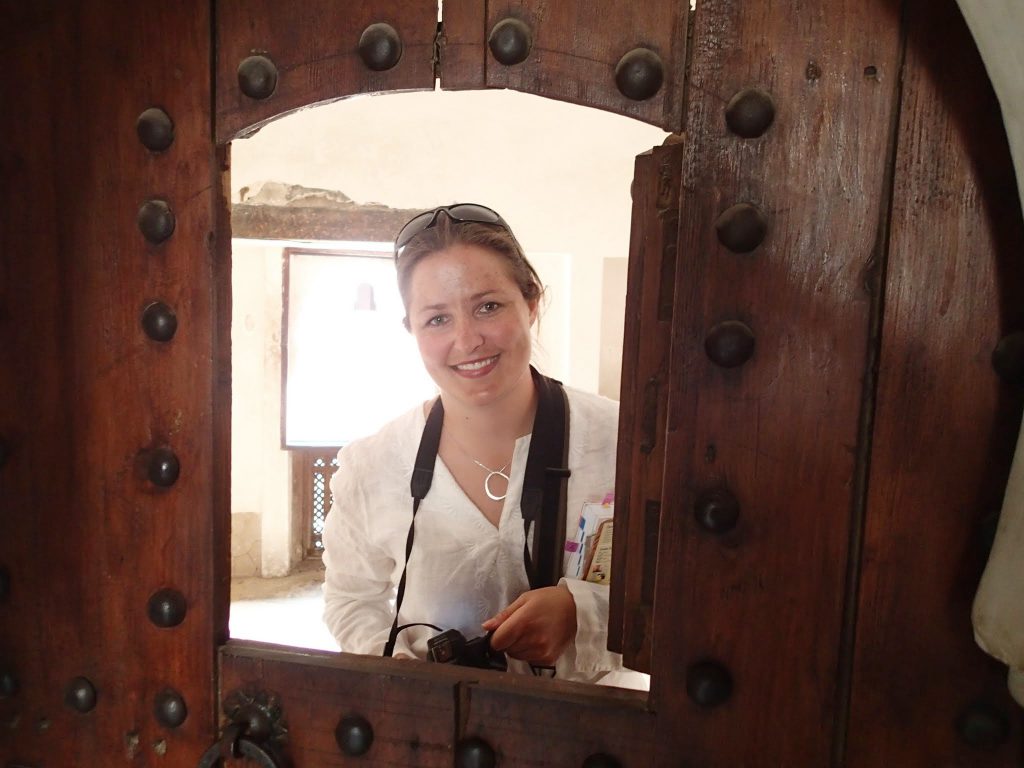
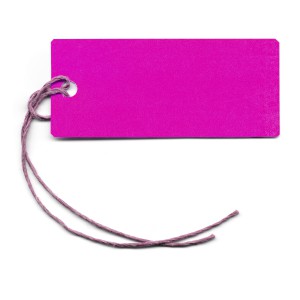
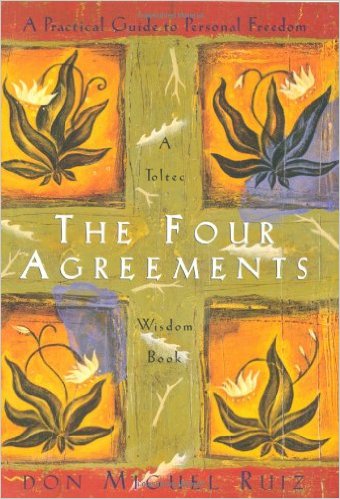
I’ve been binge-reading your blog and very happy I discovered it. I think what you are saying mostly makes a lot of sense, but I’m struggling with something: It is so very hard to meet people who are open to new friendships. On the rare instances that I find people who seem like they are, it’s almost impossible to find people who have the *time* to get together regularly. It’s hard to move friends down the pipeline, so to speak. Everyone seems just so very busy. I can’t find anyone to say yes regularly enough to build meaningful friendships. Heck, it’s hard to get anyone to say yes at all. What do you suggest in situations like these?
Dearest Willing to Make the Time:
First, kudos to you and your awareness, intention, and willingness to foster friendships! It's awesome and it WILL serve your life. I promise! Guard that commitment-- don't let others who are less aware steal it; don't let anyone saying no rob you of it; and certainly don't let apathy drain it from you. What you know to be true: that friendships are worth the time, will benefit YOUR life. Regardless of the outcome or of anyone's responses-- you know the truth and it will bless you. Stay with it.
In fact it's your super power! Not everyone knows they have it. You're lucky you do. SO many women are lonely (and the busier she is often means the lonelier she can feel!) and they don't have the energy, know-how, or motivation to change it-- but you do! The ability to initiate repeatedly is a super power that will ensure you build meaningful friendships.
What Won't Work
Let's just be clear that what you secretly hope for isn't going to work:
Ideas to Try for Building Friendships with Busy People
Instead of hand picking a couple of people and casually asking them to do something "sometime" and then hoping that *poof* a friendship will develop from that-- what we need to do is try everything and anything that will help us connect with as many women so we can eventually see who is responding with their occasional yes:
Do you see the patterns in those ideas? Initiation With Many + Repeat As Often As Possible, with a Sprinkle of Fun and Lightheartedness = You Soon Having Friends.